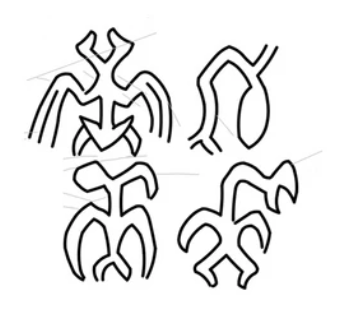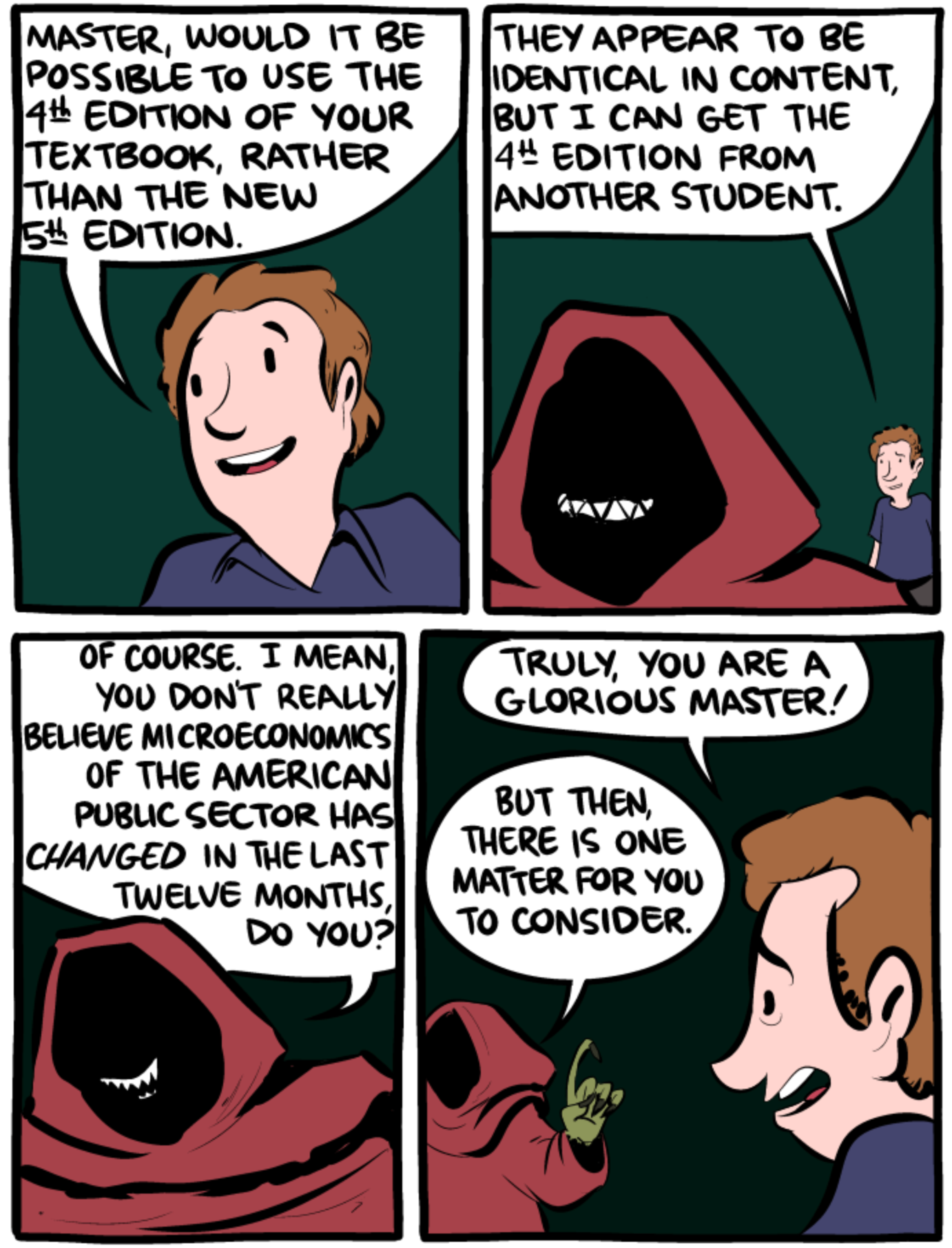"Gentle onsets" are everywhere
President Joe Biden is known for having overcome a serious stuttering problem as a child — see e.g. "Biden’s Stutter: How a Childhood Battle Shaped His Approach to Life & Politics", or "Joe Biden's history of stuttering sheds light on the condition". It also seems clear that the techniques that he developed to overcome the problem are still present in his speech today, as I discussed in "Calling all linguists", 10/21/2023. My conclusion in that article, agreeing with others more knowledgeable than I am, was that the main effect is selective lenition, probably related to what are called "gentle onset" techniques.
But what's less clear is whether this effect is different in kind from things that happen in (almost?) everyone's speech.
Read the rest of this entry »
Scythians between Russia and Ukraine
To situate the Scythians linguistically, before delving into their history and culture, let us begin by noting:
The Scythian languages (/ˈsɪθiən/ or /ˈsɪðiən/ or /ˈskɪθiən/) are a group of Eastern Iranic languages of the classical and late antique period (the Middle Iranic period), spoken in a vast region of Eurasia by the populations belonging to the Scythian cultures and their descendants. The dominant ethnic groups among the Scythian-speakers were nomadic pastoralists of Central Asia and the Pontic–Caspian steppe. Fragments of their speech known from inscriptions and words quoted in ancient authors as well as analysis of their names indicate that it was an Indo-European language, more specifically from the Iranic group of Indo-Iranic languages.
Everyone will recognize the current avatar of this ancestress of the Scythian nation:

Source: The Mixoparthenos (half-maiden), a hybrid creature from the Black Sea, limestone sculpture, 1st-2nd century AD, from Panticapaeum, Taurica (Crimea)
Read the rest of this entry »
"The Three Body Problem" as rendered by Netflix: vinegar and dumplings
Basic background, from Wikipedia:
The Three-Body Problem (Chinese: 三体; lit. 'Three-Body') is a story by Chinese science fiction author Liu Cixin which became the first novel in the Remembrance of Earth's Past trilogy—though the series as a whole is often referred to as The Three-Body Problem, or simply as Three-Body. The series portrays a fictional past, present and future wherein Earth encounters an alien civilization from a nearby system of three sun-like stars orbiting one another, a representative example of the three-body problem in orbital mechanics.
Nectar Gan, "Netflix blockbuster ‘3 Body Problem’ divides opinion and sparks nationalist anger in China", CNN 3/22/2024:
A Netflix adaptation of wildly popular Chinese sci-fi novel “The Three-Body Problem” has split opinions in China and sparked online nationalist anger over scenes depicting a violent and tumultuous period in the country’s modern history.
Read the rest of this entry »
The textbook racket industry
SMBC dramatizes an all-too-common dynamic in the textbook industry. The initial negotiation:
Read the rest of this entry »
A charlatanistic malapropism returns
In "At the rind of the debate" we noted an odd use of the word exegesis in the Charlatan Magazine: "the foreign-born population has grown by 4.5 million under Biden's exegesis". Readers diagnosed this as a malapropism for aegis, and another example from a more recent issue of the same publication ("Nightingale", 3/17/2024) confirms the analysis:
While a woman's role within the home was written into the original 1937 constitution under the exegesis of the Catholic Church in Ireland, 2015's Gender Recognition Act and Marriage Act has re-imagined these roles within the once traditional home.
Read the rest of this entry »
How AI affects the environment: electricity
"The complex environmental toll of Artificial Intelligence:
AI is very much mostly not green technology"
Devika Rao, The Week US (21 March 2024)
I do not mean to be an alarmist or a negativist, but this is something that people are talking / concerned about, so we should take a look at it too.
Read the rest of this entry »
AI-assisted substitute vocal cords
This is what the device looks like and how it is made:

Jun Chen Lab/UCLA
The two components — and five layers — of the device allow it to turn muscle
movement into electrical signals which, with the help of machine learning,
are ultimately converted into speech signals and audible vocal expression.
Read the rest of this entry »
Was rongorongo an independent invention of writing?
Below is a guest post by Kyle Gorman and Richard Sproat:
 Ferrara et al. [1] report on the results of a study of several specimens of kohau rongorongo, the enigmatic, undeciphered texts of Easter Island (also known as Rapa Nui). These texts, inscribed on wood—mostly driftwood that washed ashore on the island—may have numbered in the hundreds during the mid 19th century, when the system is known to have been in use. Roughly two dozen inscribed artifacts survive today. Ferrara et al. claim, on the basis of carbon dating, that one of them was inscribed before European contact in the 18th century, and thus represent “one of the few independent inventions of writing in human history”.
Ferrara et al. [1] report on the results of a study of several specimens of kohau rongorongo, the enigmatic, undeciphered texts of Easter Island (also known as Rapa Nui). These texts, inscribed on wood—mostly driftwood that washed ashore on the island—may have numbered in the hundreds during the mid 19th century, when the system is known to have been in use. Roughly two dozen inscribed artifacts survive today. Ferrara et al. claim, on the basis of carbon dating, that one of them was inscribed before European contact in the 18th century, and thus represent “one of the few independent inventions of writing in human history”.
Naturally it is this latter point in particular that has attracted attention in the popular science press. See for example here, here, here and here. So, while the actual results of the paper are quite modest in that they establish the dates of one piece of wood that ended up being carved with glyphs, the authors clearly intend a much more sweeping interpretation of these results. And true to form, the popular science press is happy to help spread a story that, in the words of one of the articles linked above, “could rewrite history as we know it”.
Read the rest of this entry »
Sino-Iranica and Sino-Arabica
Coming soon. https://t.co/mHuBzXyGrx pic.twitter.com/V2dTUkbAWt
— Jeffrey Kotyk (@JeffreyKotyk) March 20, 2024
Read the rest of this entry »
Symposium on Indo-European food
Swedish Collegium for Advanced Study (SCAS)
Symposium on April 11, 2024
Registration by 4th April at the latest
11 April, 11:15 a.m. SYMPOSIUM
Indo-European Food: Linguistic, Archaeological and Biomolecular Perspectives
ABSTRACT:
The symposium Indo-European Food – Linguistic, Archaeological, and Biomolecular Perspectives aims to explore the intricate relationships between the spread of Indo-European languages, the archaeological evidence of food production and consumption patterns, and biomolecular insights into ancient diets. This interdisciplinary event brings together leading experts from linguistics, archaeology, and biomolecular sciences to discuss the latest research findings and theoretical frameworks that illuminate the role of food in the migration, settlement, and cultural integration of Indo-European populations.
Read the rest of this entry »
Whimsical surnames
Preface
Because surnames of immigrants in a melting pot like America often end up getting distorted, bowdlerized, prettified, and otherwise transformed from what they were in their original homelands, we cannot take their current form as gospel linguistic truth. Nonetheless, people who encounter them cannot avoid taking them at their face value, which may cause much merriment or consternation. Here I will list several puzzling, unusual surnames I have known, but will not make an assiduous effort to arrive at a definitive explanation of their etymology, morphology, or phonology
In grade school, there was a classmate with the surname "Hassapis". We all assumed that it meant something related to Manneken Pis (like, he couldn't wait), which I wrote about recently. After googling around for a few moments, I found that a lot of people from Cyprus have that surname, but couldn't find a hint of its meaning. After still more googling, I found that a variant seems to be "Hasapis", which may be derived from the Greek word "hasapi", meaning "butcher", though I'm not so sure about that. (source) Other, more fanciful, derivations have been proposed, but I am inclined to believe that it does have something to do with the Greek word for "butcher":
Read the rest of this entry »
Wheat and word: astronomy and the origins of the alphabet
Sino-Platonic Papers is pleased to announce the publication of its three-hundred-and-forty-first issue:
"On the Origins of the Alphabet: Orion/Osiris in Need of a Head/Seed, the Roots of Writing, the Neolithic Europe Word as Sun/Seed System (NEWS), and a Solution to the Tartaria and Gradeshnista Tablets," by Brian R. Pellar.
http://www.sino-platonic.org/complete/spp341_alphabet_orion_osiris.pdf
Read the rest of this entry »

